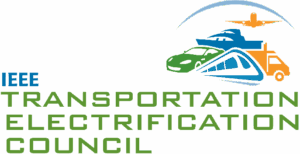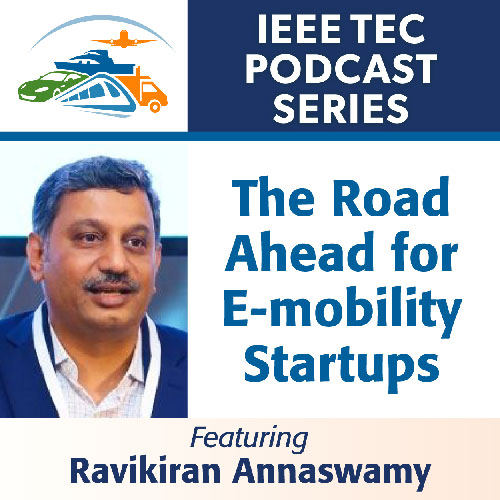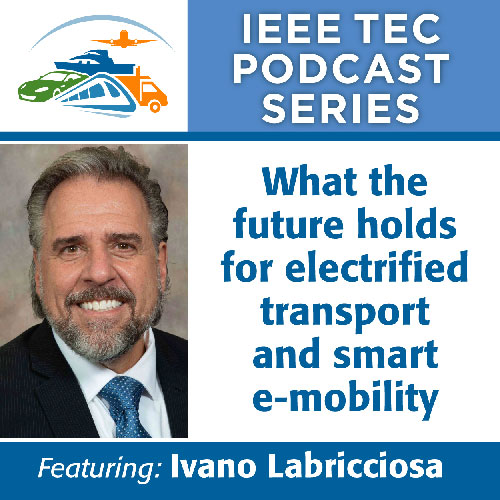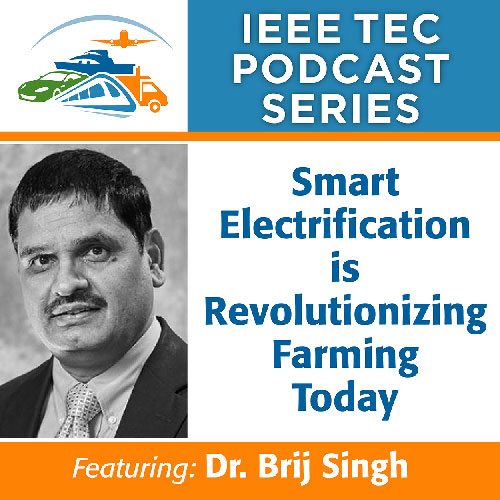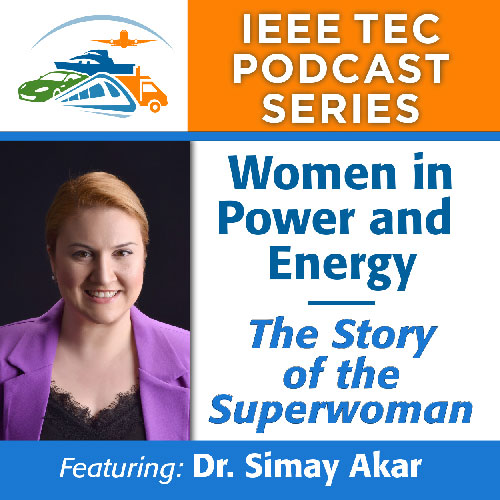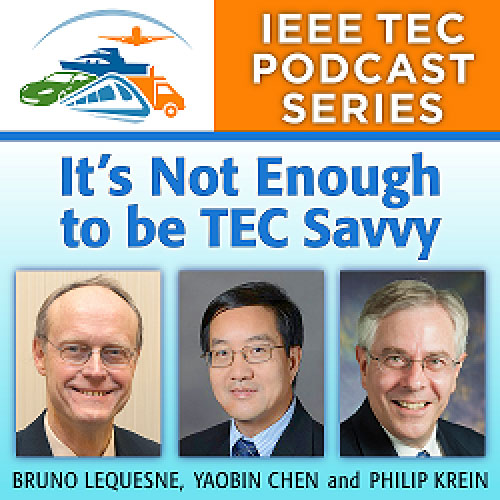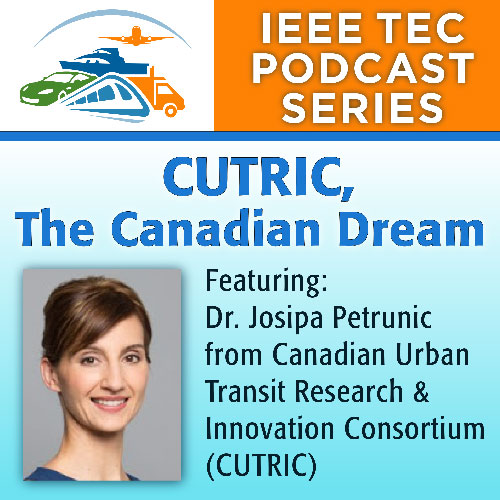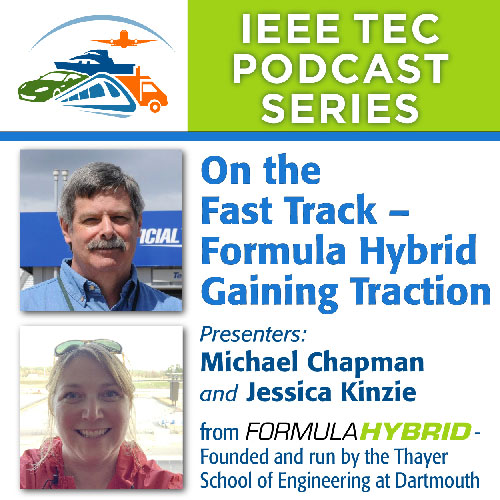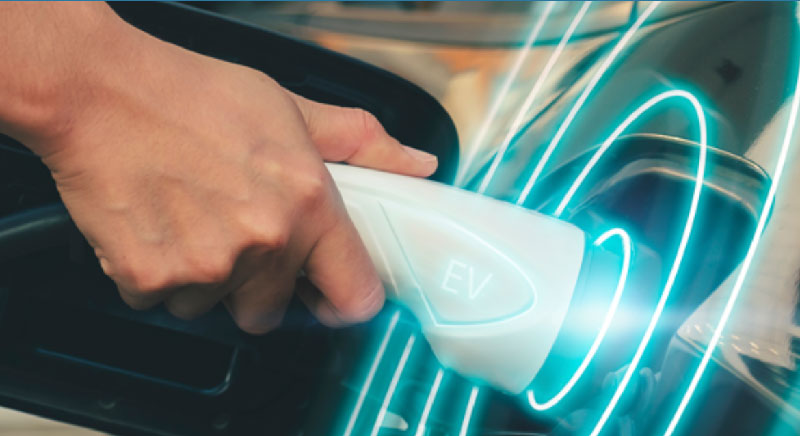Webinars
Attendees of IEEE Transportation Electrification Community webinars will receive a Certificate of Attendance and will have the opportunity to earn one (1) Professional Development Hour (PDH) certificate! Once the webinar is complete, a link will be provided for you to complete a form to receive a certificate.
For live webinars, you do not need to be a member of the IEEE TEC. Please note to access past webinars you will need to be a member of TEC.
Call for Webinar Presenters and Podcast Speakers
The TEC is now seeking recommendations for webinar presenters and podcast speakers in the following areas of interest:- All Electric Aircraft
- Autonomous Vessels
- Connected Vehicles
- E-Mobility Applications – On-Road and Off-Road (including Autonomous Vehicles)
- Mass Transit
- Aerial Vehicles
- High Speed Rail
- Hybrid Electric Aircraft
- Hybrid electric Vessels
- Intelligent Vehicles
- New Battery Technology
- Power Electronics
- Solar Electric Mobility
- Wireless Charging
Podcasts
The IEEE Transportation Electrification Community Podcast is a series of interviews with the people behind the magic of the development and innovation of the transportation electrification industry including automotive, aerospace, rail, marine, etc. This interview-style podcast series talks to leaders, researchers, and practitioners. Podcasts are available via IEEE TV and Spotify.
*Contact Eric Cheng, TEC Education VP with your Podcast idea
eLearning on IEEE Xplore
IEEE eLearning content on transportation includes series on transportation electrification and electric batteries. Other courses cover topics such as wireless ad-hoc networks and other wireless systems.
